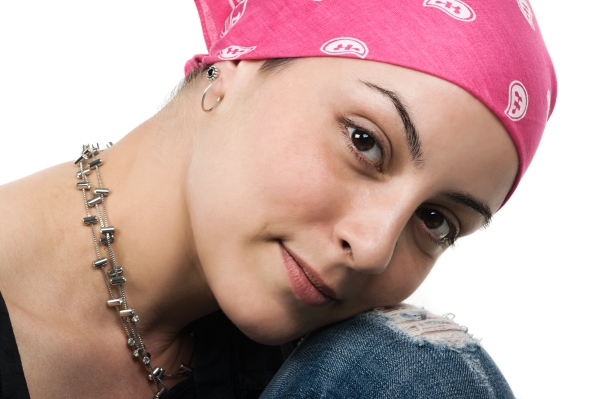Strategies for Eating after Cancer Treatment
- Category: Cancer, Nutrition & Recipes
- Posted On:
- Written By: Baton Rouge General

When you're dealing with treatment side effects, these eating strategies can help.
During cancer treatment, you may experience side effects that affect your eating such as dry mouth, changes in taste and smell, fatigue and poor appetite. Many eating-related side effects go away once your treatment ends, but some may last long after your treatment is over.
If you are experiencing treatment side effects, these eating strategies may help:
No appetite? Relax before meals. Eat what you like when you like it. For example, if you enjoy breakfast foods, eat them for dinner. Boost flavor with herbs, spices and marinades.
Can't eat much? Instead of trying to get in a big meal, have several mini-meals each day. Focus on foods that will give you a lot of nutrition in a small serving. Boost nutrition by blending cottage cheese, Greek yogurt or peanut butter into fruit smoothies. Avoid drinking liquids while eating so they don't fill you up.
Dry mouth? Drink 8 - 10 cups of liquid a day but avoid alcohol, coffee and tea, as they can be drying. Have soft, moist foods such as soups, casseroles, stews and soft fruits. Moisten foods with broth, yogurt or sauces.
Aromas or tastes bother you? Try flavoring food with new seasonings and spices. Rinse your mouth with water, salt and baking soda before eating to help remove a bitter or metallic taste. If smells bother you, eat cold, low-odor foods, like chicken breast over whole grain rice.
Too tired to cook? Let someone else cook when possible or create a quick meal that doesn't take much effort to put together. For example, have some fresh fruit, low-fat cheese, olives and whole grain crackers.
Check with your doctor or cancer care team to discuss any concerns about treatment side effects and to get recommendations to help you create a nutritious eating plan that you can tolerate well.
